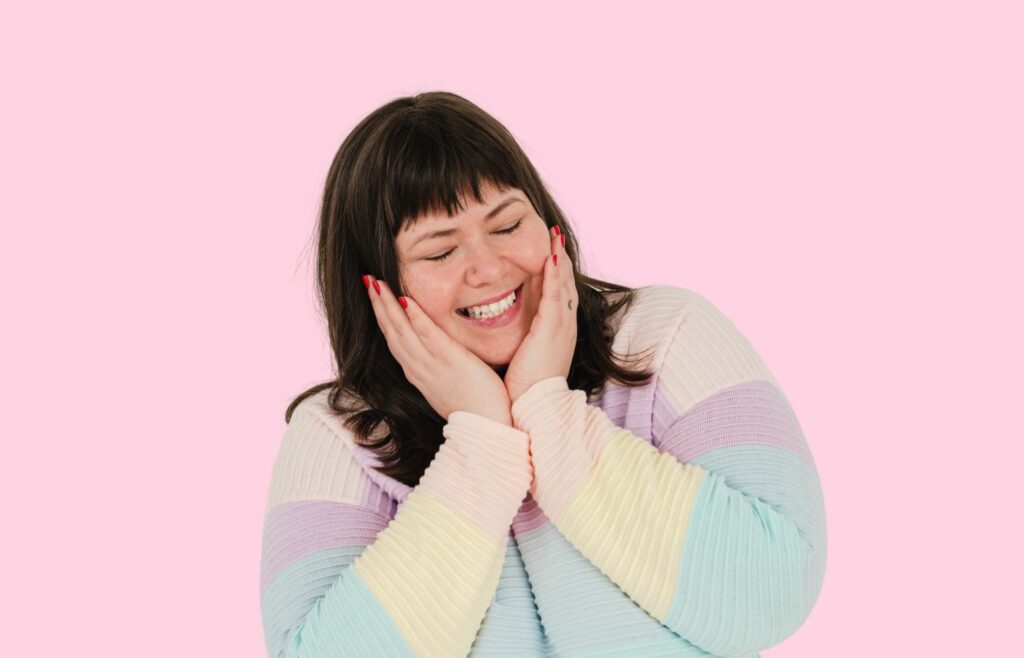
You may have heard a lot about hot flashes during menopause, but did you know that menopause cold flashes are also a common symptom many women experience?
While not as widely discussed, cold flashes can be just as uncomfortable and disruptive as their hot counterparts.
At first, this deep, hard-to-shake chill was thought to be a rare symptom, but it turns out that many women feel it. Even though more and more women are saying they have cold flashes, doctors are still not sure how important they are as a sign of perimenopause.
People often think of hot flashes as the most obvious sign of menopause. For some women, it’s the other way around. Cold flashes can occur quickly and make you feel cold even with several blankets. You may even shiver in a warm room.
These flashes can happen by themselves or after a hot flash, making things worse by making clothes wet and sweaty. Most cold flashes last only minutes. However, they can stay for 20 minutes and are more active at night.
Cold flashes can be very upsetting, so it’s important to know how to deal with them well. That’s why I’m shedding light on this often-overlooked symptom, its science, and treatment.
You’ll be better able to handle cold flashes and maintain your quality of life during menopause if you understand how they work.
The Science Behind Menopause Cold Flashes
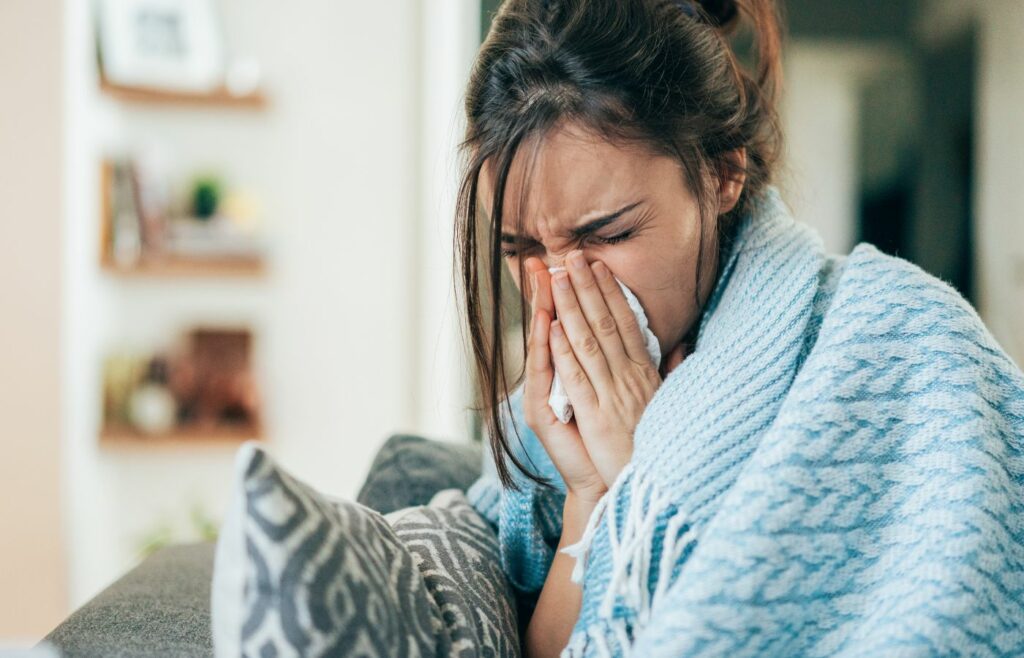
It’s essential to first grasp the body’s temperature regulation system to understand why menopause cold flashes occur.
A small area at the base of the brain called the hypothalamus acts as the body’s thermostat. It constantly checks and adjusts the body’s temperature to keep it within a stable range.
When the body’s temperature goes up, the hypothalamus tells the body to get rid of heat by sweating or sending more blood to the skin.
When the body’s temperature drops, on the other hand, the hypothalamus causes heat-saving actions like shivering and narrowing of blood vessels near the surface of the skin.
Changing hormone levels during menopause can make it hard for the hypothalamus to accurately sense and control body temperature. This can confuse the hypothalamus into thinking that the body’s temperature has dropped when it hasn’t.
So, the hypothalamus turns on the body’s heat-saving systems, which causes sudden cold flashes during menopause.
Menopausal women who have panic attacks or anxiety can also have cold flashes, which can be very upsetting for them. During a panic attack, the body’s natural response is to start the “fight or flight” response, which can cause symptoms like a fast heartbeat, shortness of breath, and even cold flashes.
Anxiety, which is a common sign of panic attacks, can also trigger cold flashes. When you feel worried or scared, your body may respond by narrowing your blood vessels. This can cause your body temperature to drop, making you feel cold. This reaction is like what happens when someone has a hot flash, but it has the opposite effect.
Even though cold flashes happen less often than hot flashes, they can still be very annoying and hard to deal with, especially if they happen at night. Many women going through perimenopause already have trouble getting enough sleep, and cold flashes can make it even harder to feel rested.
The good news is that cold flashes can be managed and sleep quality improved.
READ ALSO: Everything You Should Know About Perimenopause
Menopause: Cold Flashes vs. Hot Flashes
Both hot flashes and cold flashes during menopause are caused by the way the body controls temperature, but they feel and look different.
A sudden, intense feeling of warmth, frequently accompanied by sweating and redness in the face and neck, characterizes hot flashes. On the other hand, cold flashes cause sudden feelings of being very cold, shivering, and being clammy. Some women may have both hot and cold flashes, and the symptoms may switch or even happen at the same time.
Hot flashes are also more common and better understood than cold flashes, possibly because menopausal women recognize and report them.
But knowing how these two kinds of flashes are different can help you understand your own symptoms and find the right treatments or ways to deal with them.
READ ALSO: How You Can Find Balance During Menopause Over 50
Causes of Menopause Cold Flashes
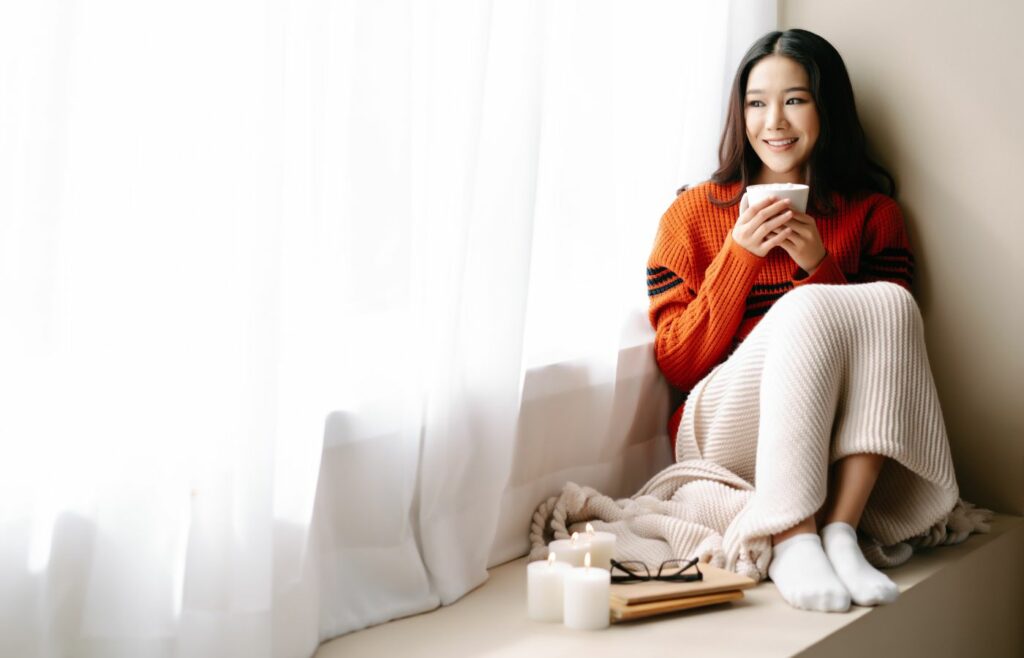
As I’ve already mentioned, menopause cold flashes are mostly caused by changing hormone levels that make it hard for the hypothalamus to control body temperature correctly.
But there are many things that can make cold flashes worse or more likely.
These factors include:
Stress
When you’re under a lot of stress, your body can change, which can make you more likely to have cold flashes. Using relaxation techniques, exercise, and social support to deal with stress can help lower the severity and number of cold flashes.
Low blood sugar
Hypoglycemia, or low blood sugar, can cause cold flashes as the body tries to keep heat in. Making sure you eat a well-balanced diet with regular meals and snacks can help control your blood sugar levels and make cold flashes less likely.
Alcohol and caffeine
Both alcohol and caffeine can mess with the way the body controls its temperature, which can cause cold flashes. If you have cold flashes, cutting back on these substances may help.
Lack of regular exercise
Regular physical activity can help improve circulation and regulate body temperature, which could make cold flashes less severe and less common.
Try Cardio training. Consider performing exercises like squats, lunges, and push-ups with weights or resistance bands. Walking is a low-impact activity that can be performed anytime, anywhere. It is an excellent way to enhance cardiovascular health, keep muscles toned, and lessen stress.
READ ALSO: The Best Exercise For Weight Loss Over 50
How to Deal with Menopause Cold Flashes
Cold flashes during menopause can be uncomfortable and even bothersome, but there are many ways to deal with and treat this symptom.
These approaches can be divided into lifestyle changes and medical treatments.
Lifestyle Changes to Alleviate Cold Flashes
Simple changes to your daily routine can make a big difference in how bad and often your menopause cold flashes are.
Some effective lifestyle changes include:
- Dressing in layers. Wearing multiple layers of clothing can help you quickly adjust to changes in body temperature, providing relief during a cold flash.
- Staying active. Regular physical activity can help improve circulation and overall body temperature regulation, potentially reducing the occurrence of cold flashes.
- Practicing stress management techniques. Engaging in activities like yoga, meditation, or deep breathing exercises can help reduce stress levels, which may in turn lessen the severity and frequency of cold flashes.
- Maintaining a balanced diet. Eating regular meals and snacks can help regulate blood sugar levels, reducing the likelihood of cold flashes caused by low blood sugar.
- Limiting caffeine and alcohol intake. Reducing your consumption of these substances can help alleviate cold flash symptoms by minimizing their interference with the body’s temperature regulation system.
READ MORE: How to Lessen the Psychological Effects of Menopause for Over 50
Medical Treatments for Menopause Cold Flashes
Menopause cold flashes may require more than lifestyle changes. If your symptoms are particularly severe or disruptive, it may be helpful to consult with a healthcare provider about potential medical treatments. Some options include:
Hormone replacement therapy (HRT)
HRT is when you take extra estrogen and progesterone to help balance your hormones and get rid of menopause symptoms like hot flashes. But HRT has some risks, so it’s important to talk to your doctor about your specific needs and worries before starting this treatment.
Low-dose antidepressants
Some selective serotonin reuptake inhibitors (SSRIs) have been shown to help reduce cold flashes in women going through the menopause. Your doctor can help you figure out if this kind of treatment is right for you.
Gabapentin
This medicine is usually used to treat seizures and nerve pain, but some women have found that it also helps with cold flashes. As with any medication, it’s crucial to weigh the benefits and potential side effects before beginning treatment.
Coping with Menopause Cold Flashes: Tips and Tricks
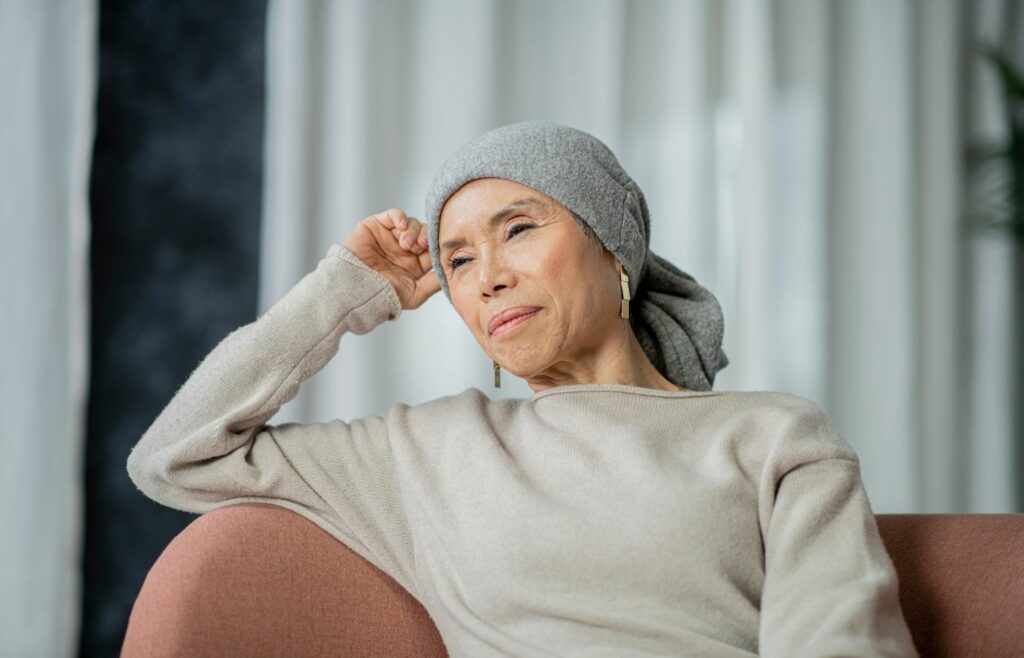
There are many ways to deal with menopause cold flashes that don’t involve changing your lifestyle or seeing a doctor.
During this transition, these tips can help you stay comfortable and keep your quality of life:
- Keep a warm blanket or a heating pad nearby. When you have a cold flash, it can help to have something warm on hand.
- Sip on something warm. Hot tea or warm water can help raise your body temperature and ease the symptoms of cold flashes.
- Practice relaxation techniques. Deep breathing exercises, meditation, and progressive muscle relaxation can help you stay calm and focused during a cold flash, which could make it less intense and shorter.
- Connect with other people. Talking about your experiences with friends, family, or support groups can help you feel less alone and give you useful information about how other people have dealt with similar problems.
Closing Thoughts
Cold flashes are a common symptom of menopause, but they are less well known. Knowing the science behind cold flashes, their causes, and how to manage them can help you feel more in control.
Remember that cold flashes are normal during menopause. During this time, be kind to yourself and seek support. This may involve discussing treatment options with your doctor, confiding in loved ones, or joining a menopause support group.
Accepting menopause’s changes and seeking support can help you get through this transition. With the right treatments and strategies, you can lessen the effects of menopause cold flashes and keep living a full and happy life.
Sources + EveryDayHealth | Healthline | Gennev

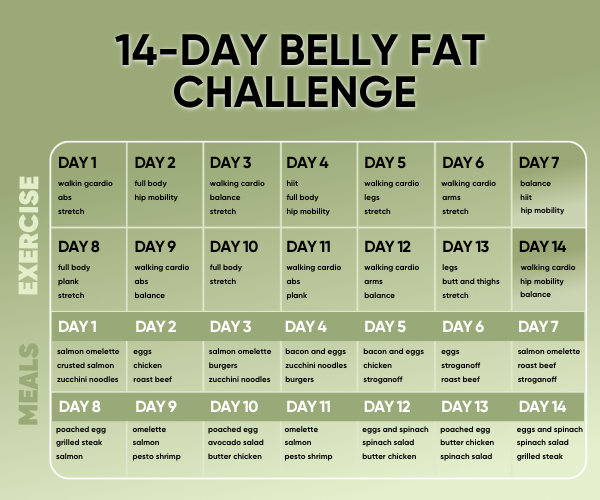
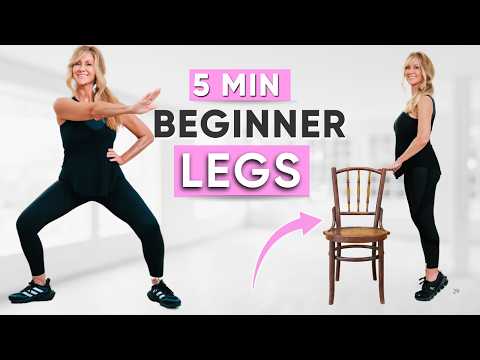



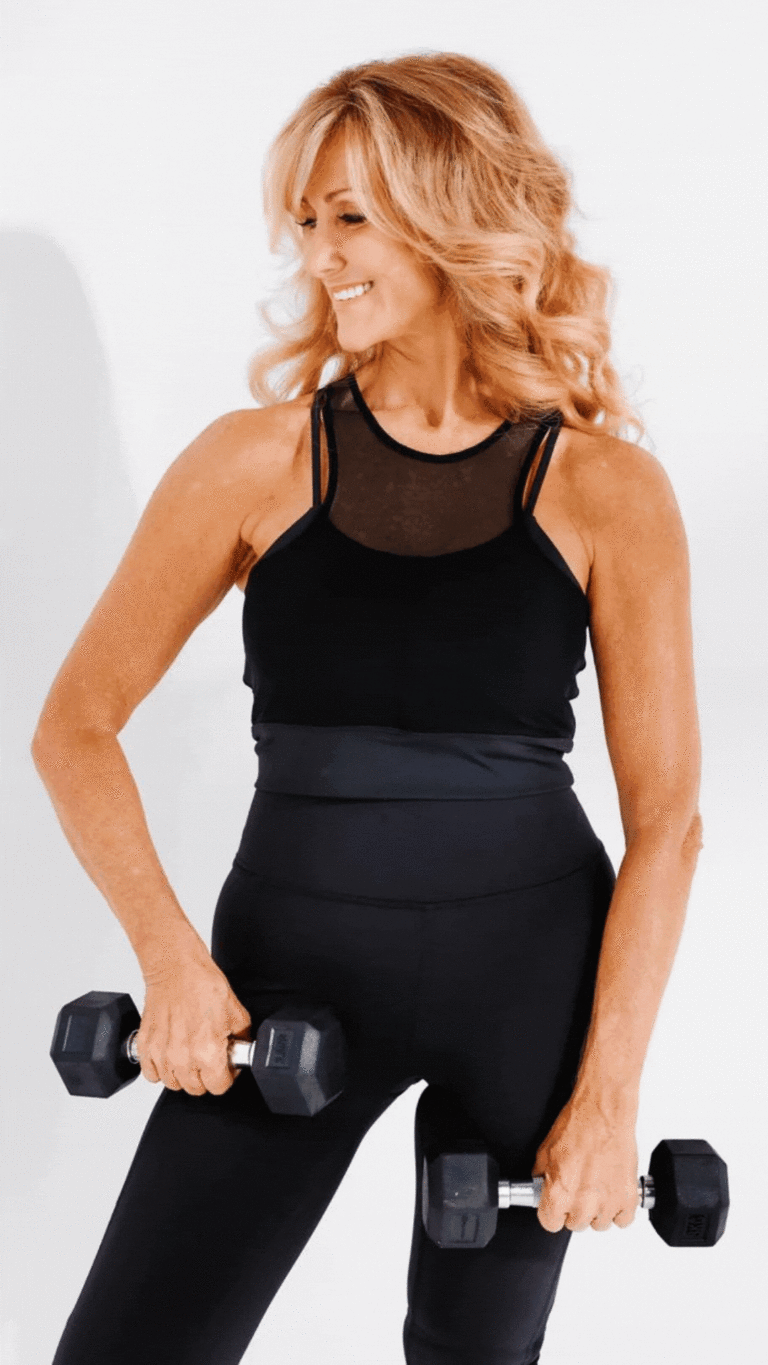





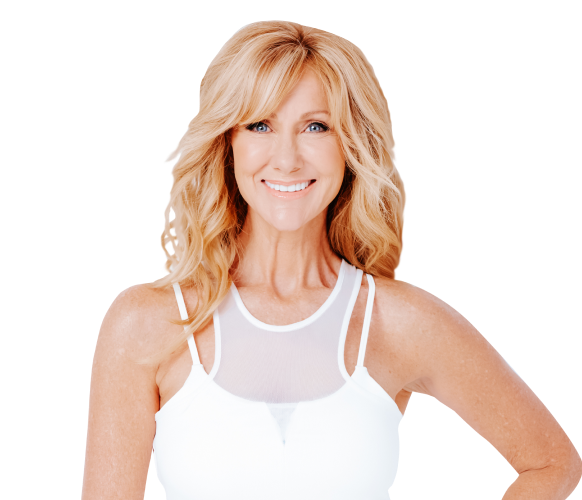
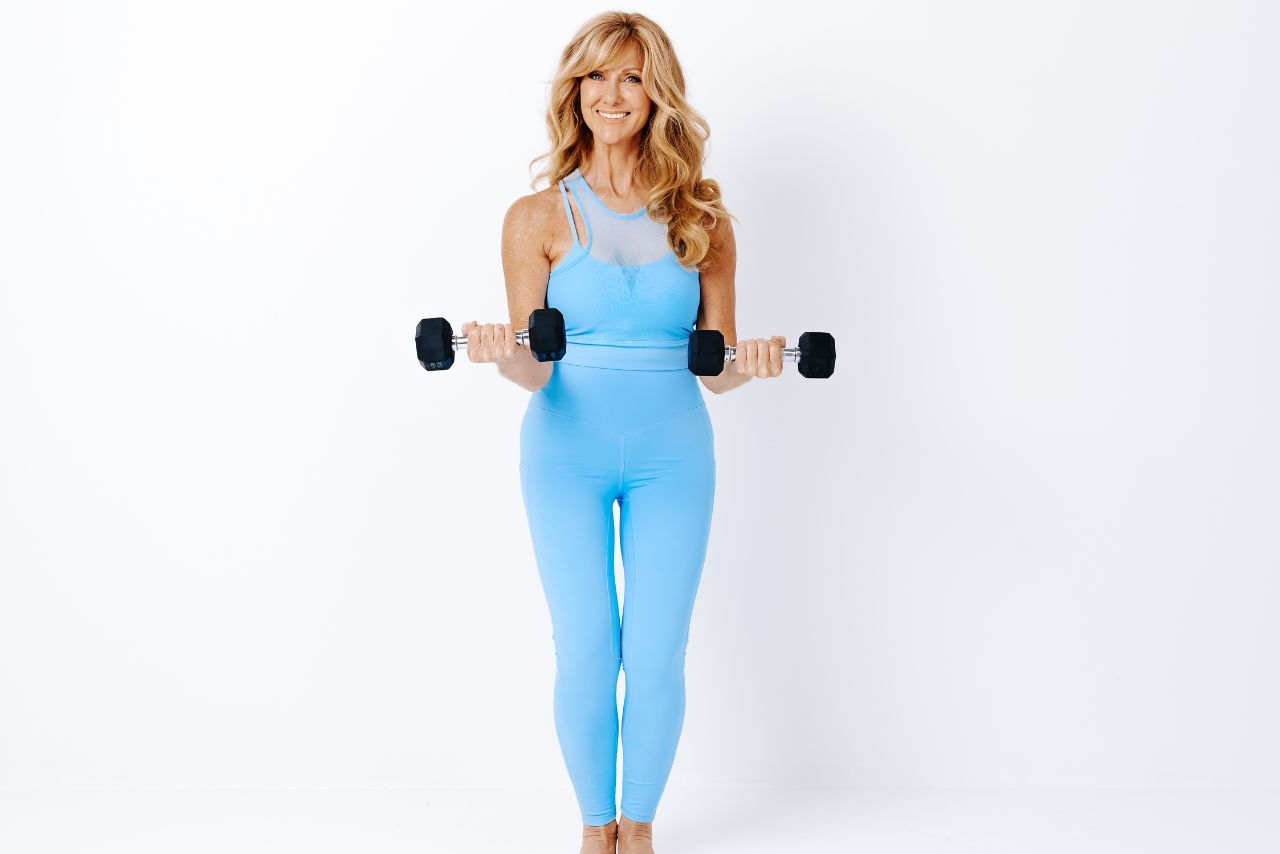
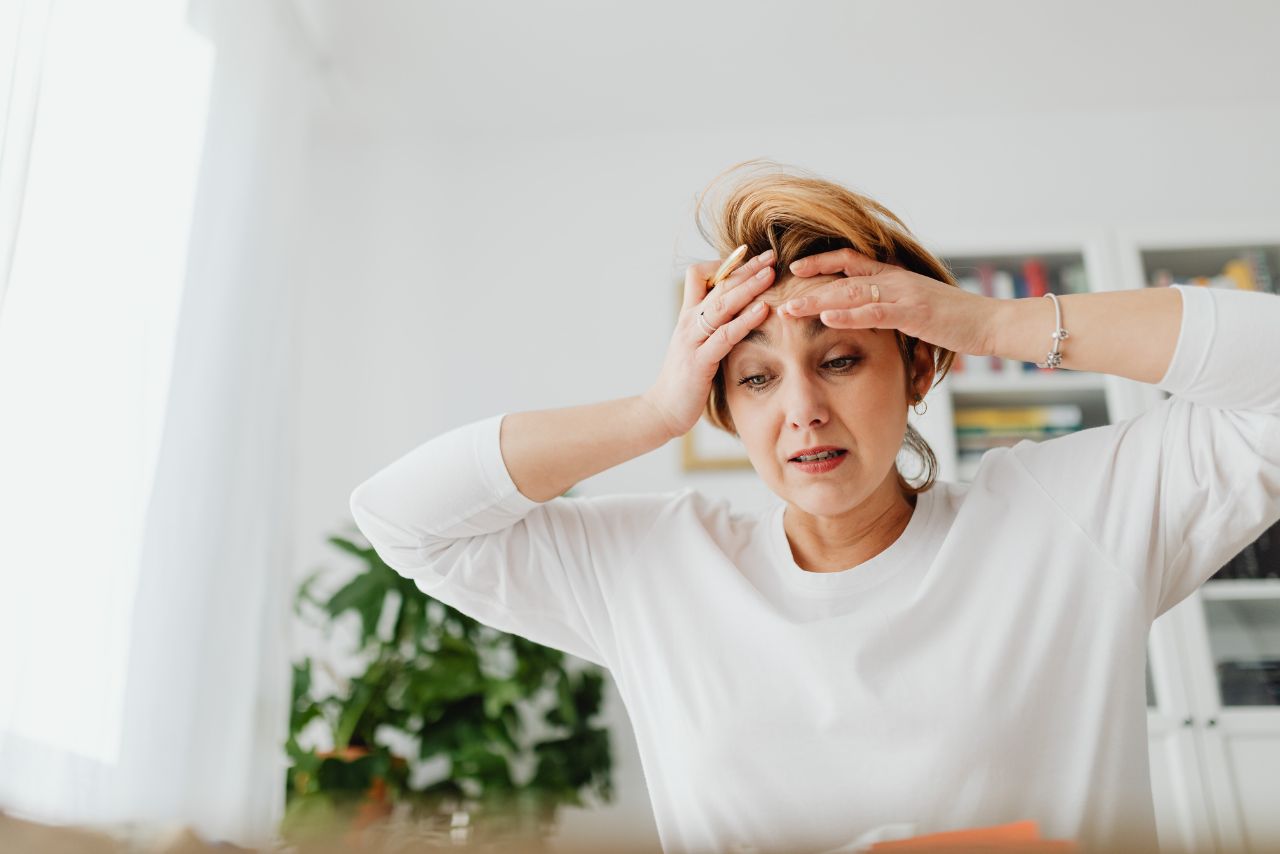
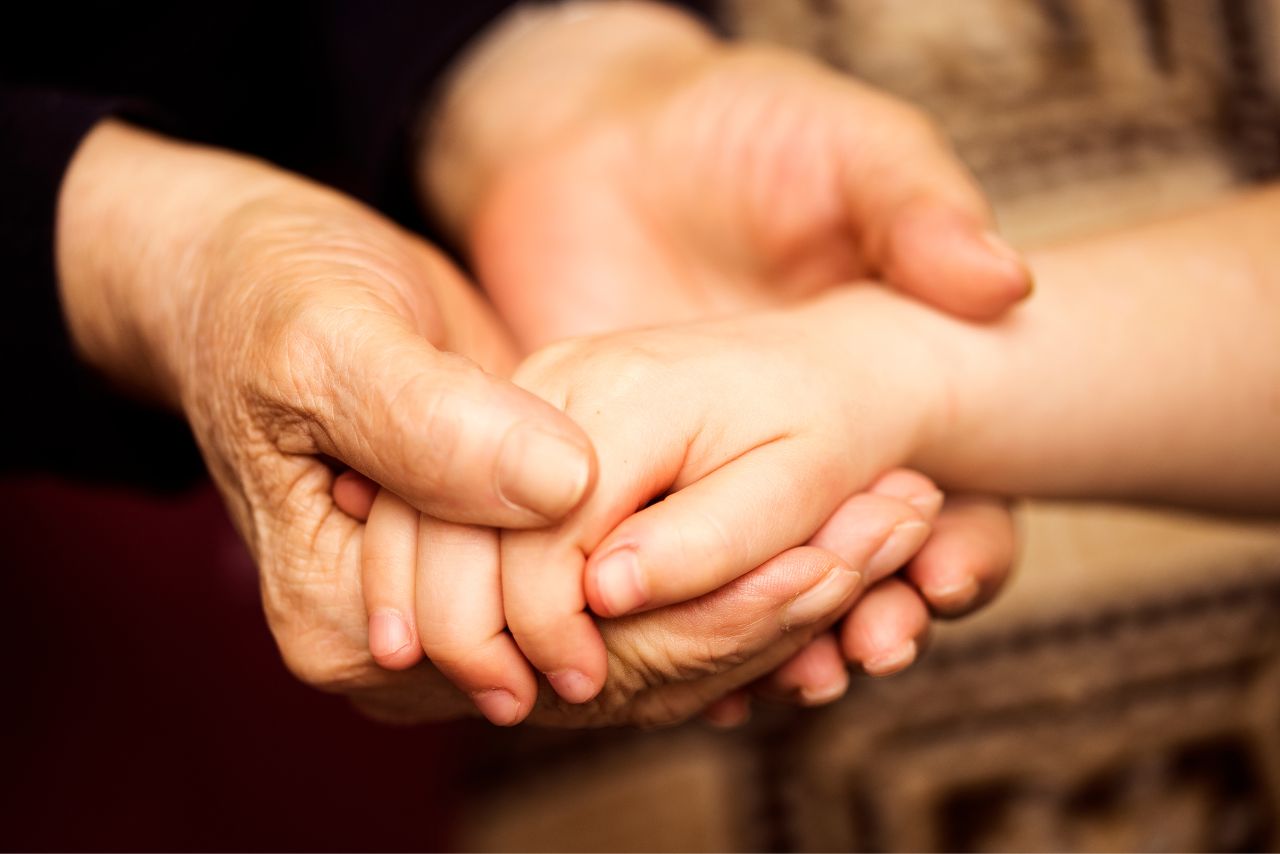

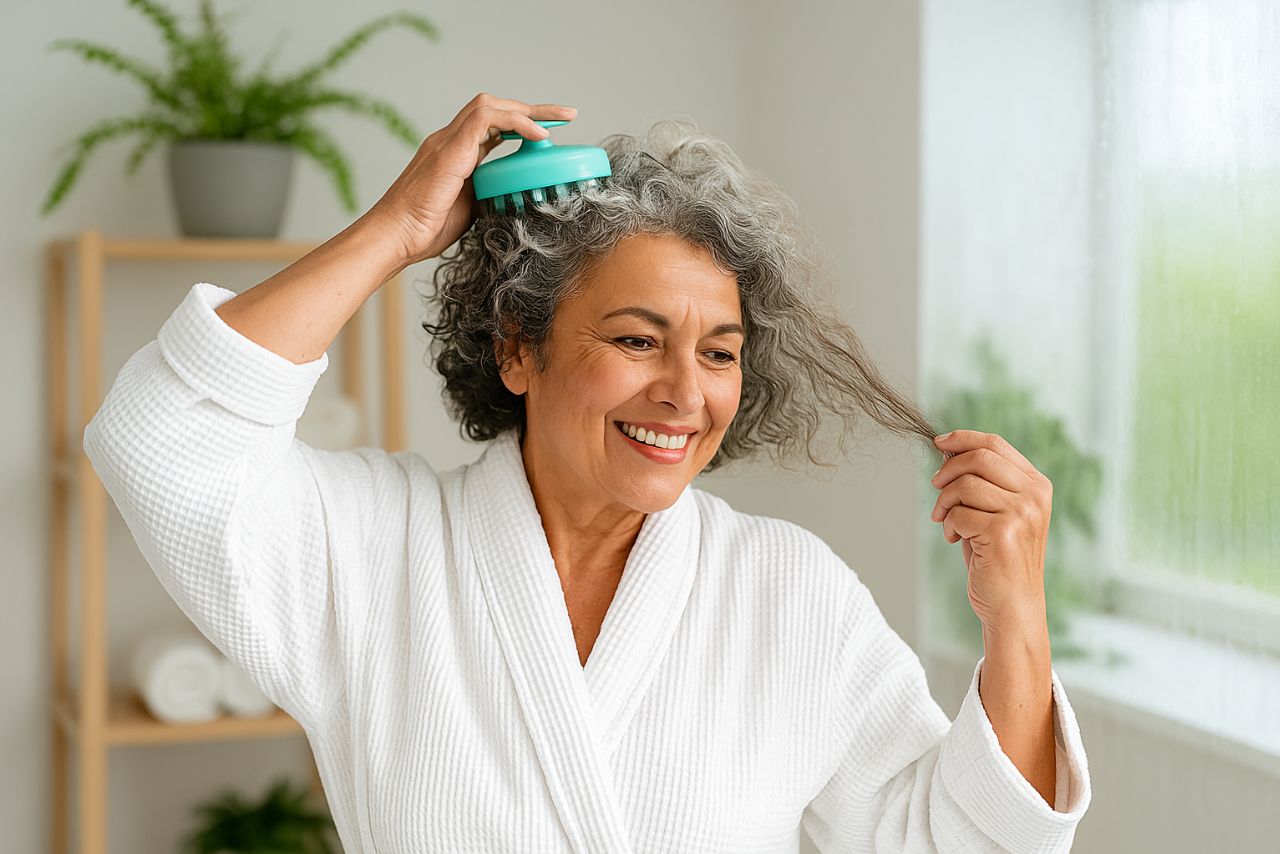



2 Responses
Yep, this is me! I’ve been saying for a while that the menopause has caused my body to lose its thermostat, apart from the really hot flashes, times of feeling absolutely frozen. Reading this it all makes sense. Thank you Shellea, you’re a star!!
The night sweats I got would burn me up! But as I was cooling down I would get chilled for a short time till my body temperature would go back to normal.